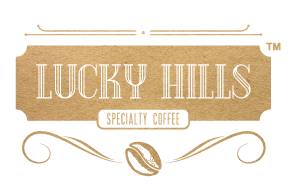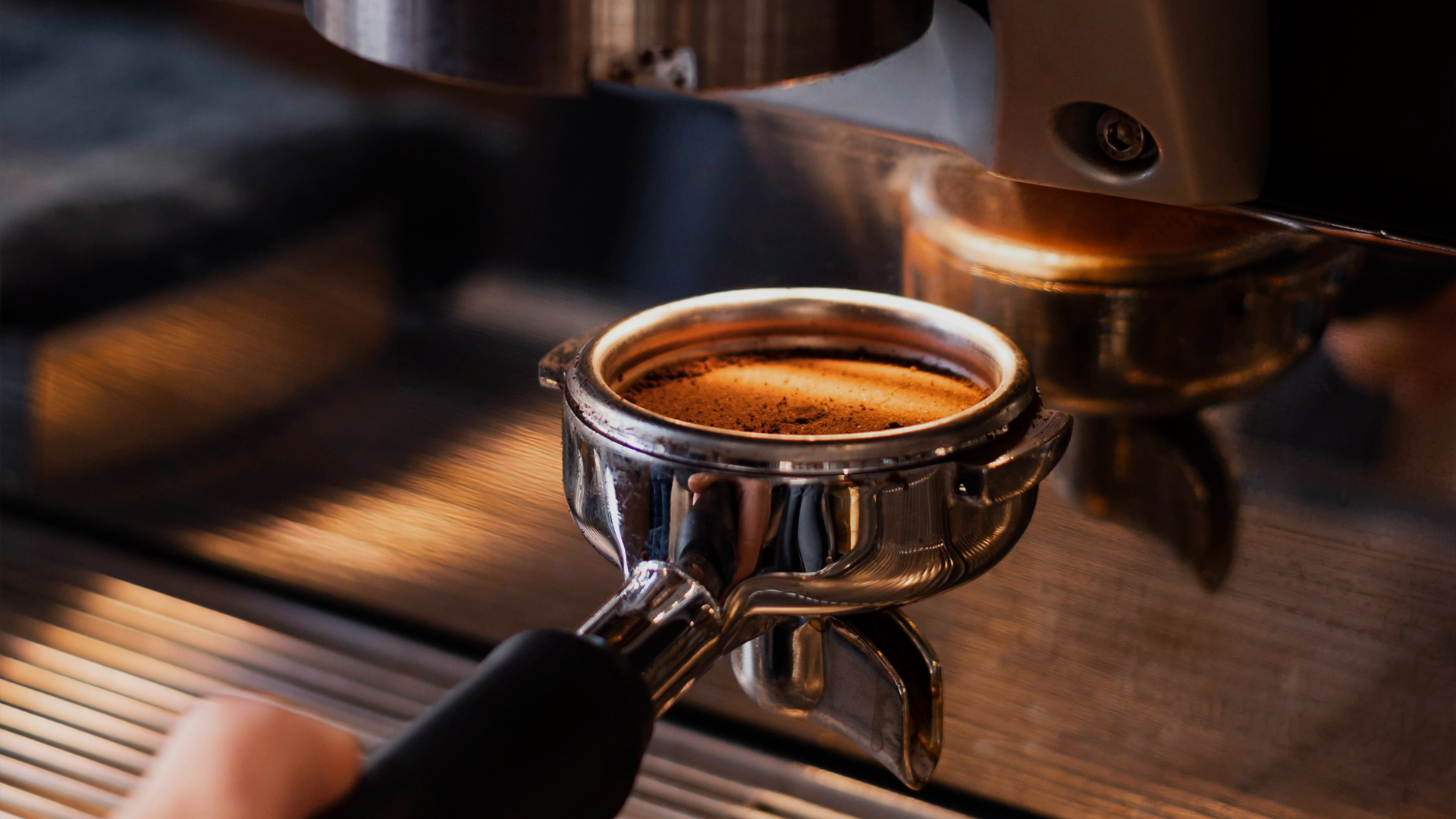The world of coffee is constantly evolving, with new processing techniques challenging traditional practices and unveiling a variety of unexpected flavors and aromas. Among these innovations, fermented coffee stands out for its ability to offer unique and complex taste experiences.
But what exactly is fermented coffee, and why is it becoming so popular among coffee enthusiasts?
In this article, we’ll explore what makes fermented coffee special and how it is produced, uncovering the secrets behind this fascinating beverage. Keep reading!
What is Fermented Coffee?
Fermented coffee is coffee that undergoes a fermentation process in which microorganisms, such as yeast and bacteria, act on the coffee beans. This process alters the beans’ chemical composition, resulting in unique and complex flavor profiles that are not typically found in traditional coffee processing methods. According to research, fermentation is a crucial process that significantly impacts the coffee’s final quality.
It’s worth noting that while coffee fermentation is an ancient practice, producers and experts have recently begun exploring new techniques and variations to create innovative taste experiences.
In this context, fermentation can occur in various forms, including anaerobic fermentation (without oxygen), aerobic fermentation (with oxygen), and the use of specific microorganism cultures to achieve desired flavor profiles.
Read also
How to keep up with changes in customer behavior?
How is Fermented Coffee Made?
To understand how fermented coffee is produced, it’s essential to examine each step of the process.
Fermentation can occur in several ways: wet, naturally dry, or semi-dry. Below, we outline the general fermentation process, which can be applied to any of these methods.
Coffee Selection
It all begins with the careful selection of coffee cherries, which are typically hand-picked to ensure that only ripe cherries are used.
Preparation for Fermentation
After harvest, the cherries are washed to remove dirt or impurities. Then, they are placed in fermentation tanks. Depending on the chosen method, these tanks may be sealed to create an anaerobic environment or left open to allow aerobic fermentation.
Fermentation Process
Inside the fermentation tank, microorganisms begin to act on the mucilage surrounding the coffee beans. This is a critical stage, as controlling temperature, pH, and fermentation time determines the coffee’s final flavor profile. Some producers add specific yeast or bacterial cultures to guide the fermentation process and achieve particular flavors, such as fruity, floral, or even spicy notes.
In addition to traditional methods, barrel fermentation is a technique gaining popularity. In this method, coffee cherries are fermented in wooden barrels previously used to age alcoholic beverages such as wine, whiskey, or rum. The wood and remnants of these beverages impart additional layers of flavor to the coffee.
The fermentation duration can range from a few hours to several days, depending on the producer’s goals. Throughout this period, producers closely monitor the process to prevent over-fermentation, which could result in undesirable flavors.
Drying and Roasting
After fermentation, the coffee cherries are dried to halt microbial activity. Drying can be done under the sun or using mechanical dryers, ensuring that the cherries’ moisture content is reduced to a safe level for storage. Once dried, the cherries are hulled to remove any remaining mucilage, revealing the coffee beans.
The final step is roasting, during which the fermented coffee beans are subjected to high temperatures to further develop their flavors and aromas. Roasting can be customized to highlight specific characteristics of fermented coffee, resulting in a unique and delicious beverage.
At Lucky Hills, for instance, roasting is done on demand according to customer orders. This ensures that the coffee remains fresh and its flavor profile is perfectly preserved and tailored to each customer’s preferences.
Is All Coffee Fermented?
Technically, all coffee undergoes a natural fermentation process immediately after harvest, as the sugars in the mucilage are consumed by native microorganisms. However, controlled fermentation, used to create specialty coffees, is a more recent development of this natural process.
With the rise of the specialty coffee movement in recent decades, producers and experts have sought ways to innovate and fully explore coffee’s flavor and aroma potential. Controlled fermentation has emerged as a powerful tool to achieve this, allowing the creation of coffees with unique and distinct sensory characteristics.
How is Controlled Fermentation Coffee Different?
Controlled fermentation coffee differs from traditional coffee in several key ways:
Complex Flavor Profiles: Fermented coffee boasts a broader and more complex range of flavors due to the microorganisms’ action during fermentation. Fruity, floral, spicy, and earthy notes are just a few examples of what you might find in a cup.
Balanced Acidity: Fermented coffee tends to have smoother, more balanced acidity compared to traditional coffee. This is due to the breakdown of acids during fermentation, resulting in a more pleasant beverage.
Rich Body: Fermented coffee often has a richer, fuller body, offering a velvety and creamy mouthfeel.
Controlled fermentation coffee represents an exciting evolution in the coffee world. By combining science and artistry, producers are crafting beverages that surprise the palate and deepen our appreciation for this beloved drink.
Discover Lucky Hills Specialty Coffee
Lucky Hills is an American company that imports specialty fermented coffee beans directly from Brazil, specifically from Carmo da Cachoeira in Southern Minas Gerais—a region renowned for its coffee tradition and ideal conditions for cultivating high-quality 100% Arabica beans.
Roasting is done locally on demand in Florida, ensuring that each cup is fresh and full of flavor, preserving the beans’ unique characteristics. Moreover, the direct trade model, free of intermediaries, fosters a more transparent and trustworthy relationship with producers—a deeply valued approach in the market.
If you’re a hotelier, barista, chef, or entrepreneur, choosing Lucky Hills’ specialty beans means choosing excellence and providing your clients with a unique coffee experience.
Talk to our consultants to learn how Lucky Hills can transform your specialty coffee offerings.



